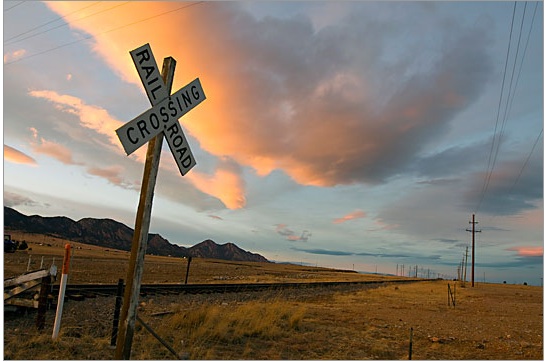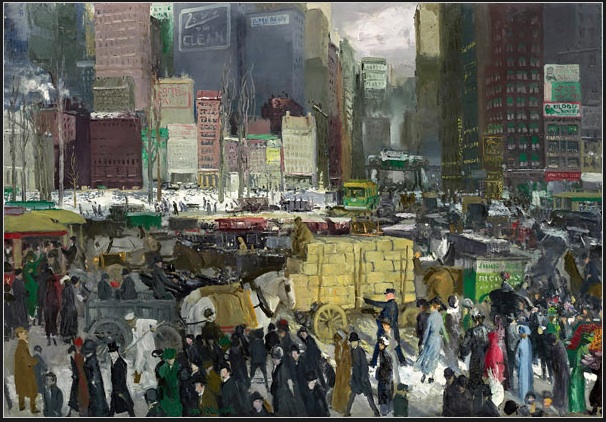I feel there is so little that me, myself, and I can do in the face of this erosion of our democracy. In my youth I attended many protests and marches in New York’s Central Park, and Jim and I marched on Washington together. Now, at age 70, I have to admit to some fear of crowds, particularly with the advent of gun-wielding individuals, deliberate agitators inciting violence, and federalized enforcers literally taking aim at peaceful protesters. So what to do?
Speaking out is great, rallying together is energizing, but where’s the impact?
Follow the money.
I am bombarded with requests for donations to organizing groups and politicians, but I have only so much to give. One of our real super powers is withholding our money – targeting those companies and institutions that cave in and kowtow to our current government. Whenever I identify one of those companies, I boycott their goods or services. If it’s a college or university I make it clear to them that I will not (or no longer) donate and if by chance I had set up or considered a legacy donation, that too is gone until they stand up against censorship and intimidation. Big scholastic names have been mentioned (think Harvard) but lots of other schools are cracking down on students’ rights to free speech and freedom of the academic press (see what’s happening at the Media School at Indiana University Bloomington).
So I am on the lookout for bad actors. In addition to Facebook, Disney, and Tesla, below is my first list of companies and products I will boycott. (I may continue to use Facebook, but only for the purpose of Protest and spreading the word.
I have also used change.org to post a petition with this list. We need a lot of signatures to make it impactful, so PLEASE SIGN! Even if you do not use these products, you can still make your displeasure known.
Procter & Gamble
Tide: A popular laundry detergent.
Pampers: Disposable diapers.
Gillette: Shaving products.
Head & Shoulders: Anti-dandruff shampoo.
Bounty: Paper towels.
Procter & Gamble is among the companies that have supported Trump’s initiatives, including Project 2025.
Stanley Black & Decker
DeWalt: Power tools and hand tools.
Craftsman: Tools and storage solutions.
Stanley: Hand tools, storage, and security products.
Stanley Black & Decker is listed among companies that have supported Trump and Project 2025.
Hoover
Hoover Vacuum Cleaners: A range of vacuum cleaners for home cleaning.
Hoover is a brand under Stanley Black & Decker, which has supported Trump’s initiatives.
Ashley Furniture
Furniture: A variety of home furniture including sofas, beds, and dining sets.
Ashley Furniture has been identified as a company that has supported Trump and Project 2025.
Sign this petition today and commit to holding corporations accountable for their partnerships and actions.
Ace Hardware
Hardware Products: Tools, paint, lawn and garden supplies, and home improvement products.
Ace Hardware is among the companies that have supported Trump and Project 2025.
Farberware
Cookware: Pots, pans, and kitchen utensils.
Small Appliances: Coffee makers, toasters, and blenders.
Farberware is a brand under Stanley Black & Decker, which has supported Trump’s initiatives.
My Pillow
Bedding Products: Pillows, mattresses, and bedding accessories.
My Pillow has been identified as a company that has supported Trump and Project 2025.
General Motors (GM)
Chevrolet: A range of vehicles including cars, trucks, and SUVs.
GMC: Trucks and SUVs.
GM has been identified as a company that has supported Trump and Project 2025.
Publix
Grocery Stores: A supermarket chain offering a variety of food and household products.
Publix has been identified as a company that has supported Trump and Project 2025.
The Home Depot
Home Improvement Products: Tools, building materials, and services.
The Home Depot has been identified as a company that has supported Trump and Project 2025.
Oreck
Vacuum Cleaners: Lightweight and upright vacuum cleaners.
Oreck is a brand under Stanley Black & Decker, which has supported Trump’s initiatives.
Slumberland
Furniture: A variety of home furniture including sofas, beds, and dining sets.
Slumberland has been identified as a company that has supported Trump and Project 2025.




